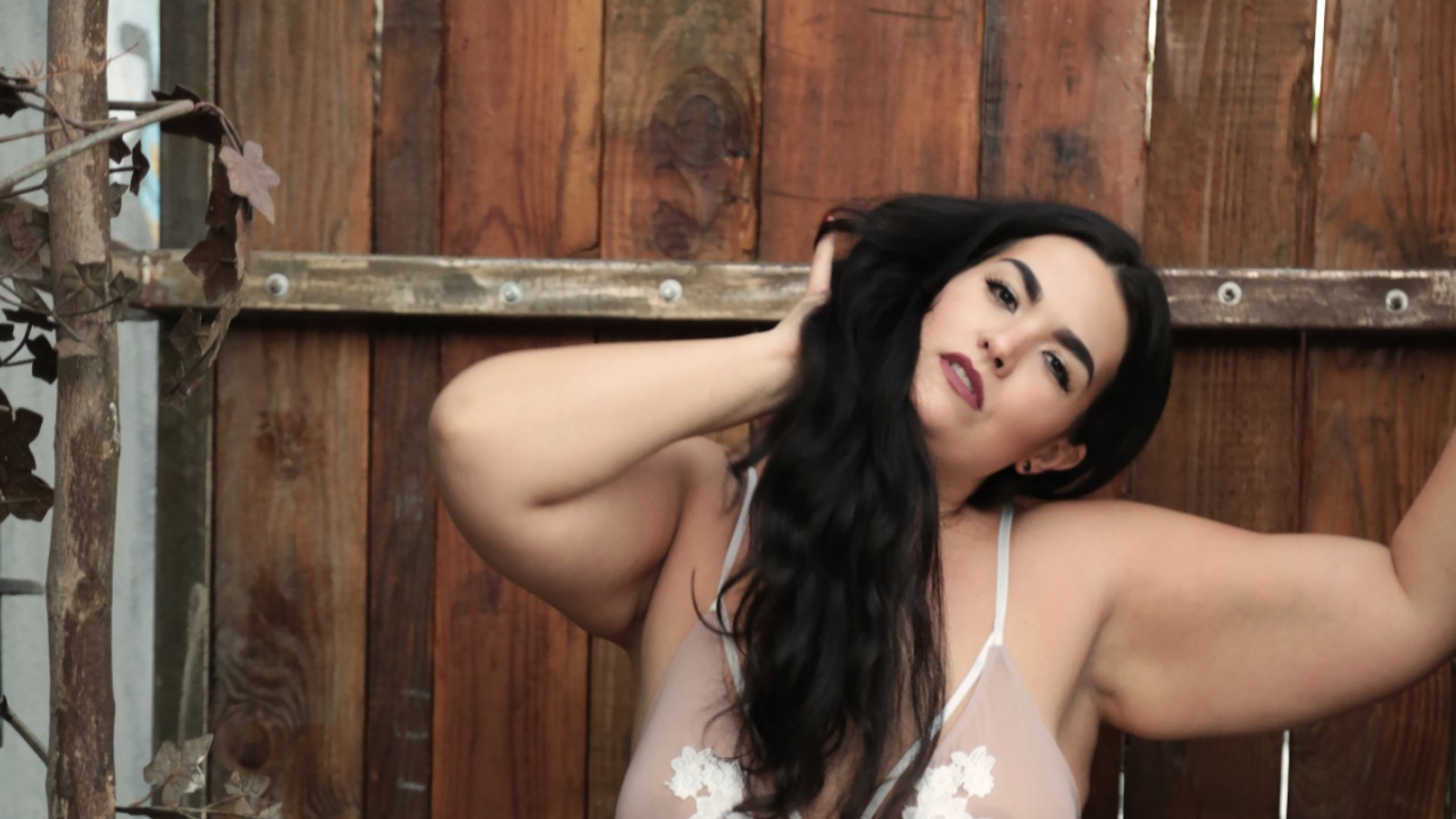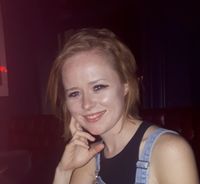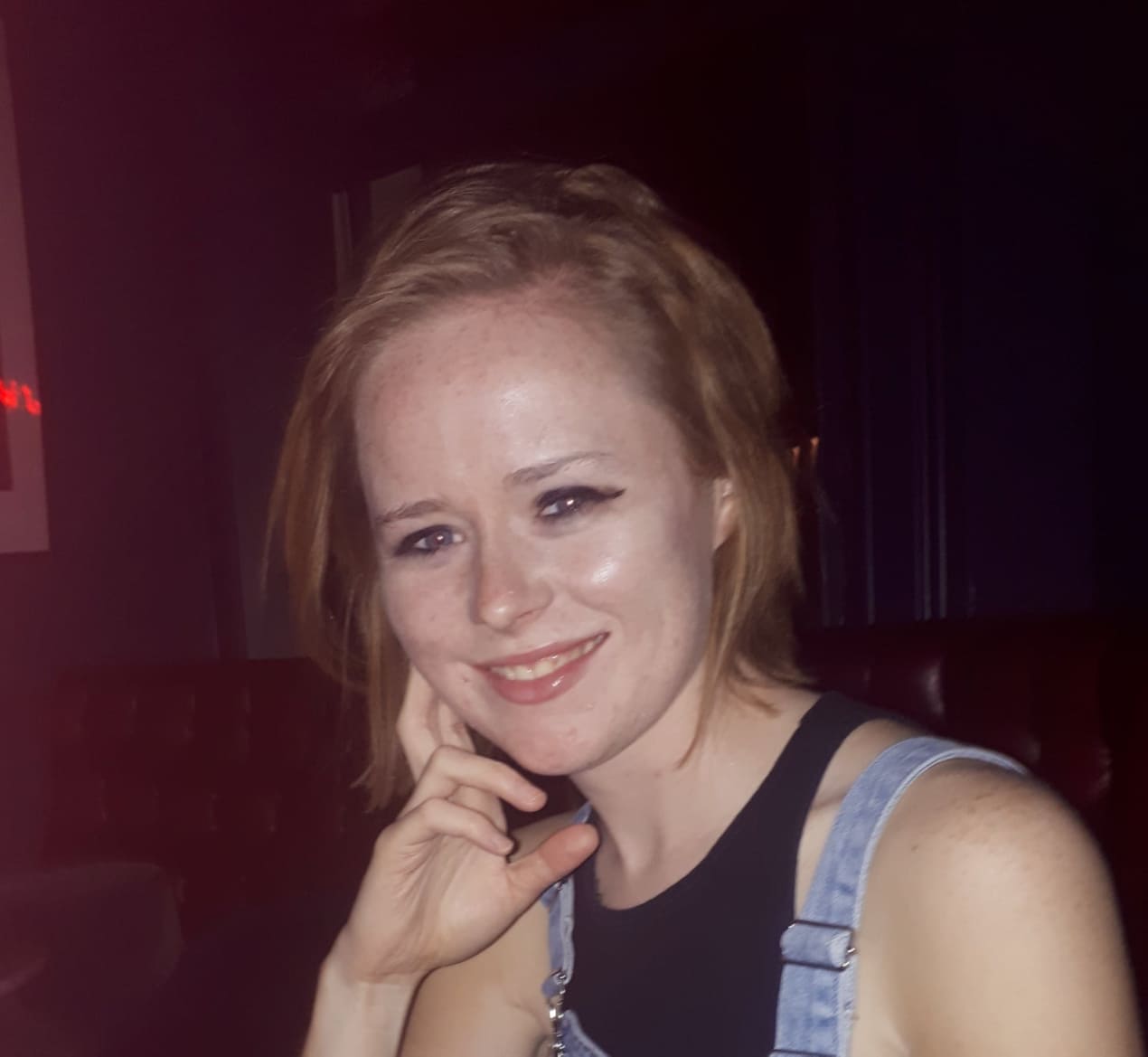Bumble bans body shaming under zero-tolerance policy
The dating app will now remove users who insult others in its community.


Bumble has banned body shaming, and we're buzzing with joy.
The international dating app, which is known for empowering women to make the first move, has taken a strong stance against abusive behavior on its platform.
From today, Bumble has banned offensive comments towards other members of the community. Whether you're looking for sex apps or an over 50s app for a serious relationship, the app is determined to create a kinder social environment for its 42 million monthly users.
"We're doing this by updating our terms and conditions to explicitly ban unsolicited and derogatory comments made about someone's appearance, body shape, size, or health," its website explained.
The woman-friendly app paves the way for a kinder online dating culture with a zero-tolerance policy towards bigoted remarks.
"This includes language that can be deemed fat-phobic, ableist, racist, colorist, homophobic or transphobic," it stated.
More from woman&home:
Sign up to our free daily email for the latest royal and entertainment news, interesting opinion, expert advice on styling and beauty trends, and no-nonsense guides to the health and wellness questions you want answered.
- Best pillow for a comfortable, pain-free night’s sleep
- Best scented candles for a warm and cozy home this winter
- Best Kindles for literary lovers to buy now—from Kindles to Kobo devices
Bumble has implemented automated technology to detect any content that violates these rules. Red-flagged material will be sent to a human moderator to review, who will decide whether or not to pursue the matter. If it’s a first-time offense, the moderator will send the user a warning and advice on how to amend their problematic behavior. However, Bumble isn’t going to give second chances and promises to sting those who continue to breach their rules. They will face permanent removal.
Users can also report body-shaming comments they receive or witness through the app’s options to Block and Report, Unmatch and Report, or Hide and Report.
In its quest to stamp out insults on appearance, Bumble hopes to encourage its community to focus on the non-physical attributes. “Find something else about their profile to talk about,” it suggests.
And while dating these days might seem more modern than ever before, the age-old saying will never go out of fashion: If you’ve nothing nice to say, don’t say anything at all.
“If you’re not interested in someone, you can swipe left,” Bumble advises.
The company’s commitment to this issue comes after 23 percent of people revealed they had been subject to body shaming on dating apps, in a survey conducted by Bumble with 1,003 users.
“We believe in being explicit when it comes to the kind of behaviour that is not welcome on our app and, with these changes, we’re making it clear that body-shaming is not acceptable on Bumble,” said Bumble’s UK and Ireland marketing director Naomi Walkland.
With online dating going nowhere, let’s hope other apps follow in Bumble’s footsteps (or is it wing flaps?).

Hailing from the lovely city of Dublin, Emma mainly covers the Royal Family and the entertainment world, as well as the occasional health and wellness feature. Always up for a good conversation, she has a passion for interviewing everyone from A-list celebrities to the local GP - or just about anyone who will chat to her, really.
Emma holds an MA in International Journalism from City, University of London, and a BA in English Literature from Trinity College Dublin.